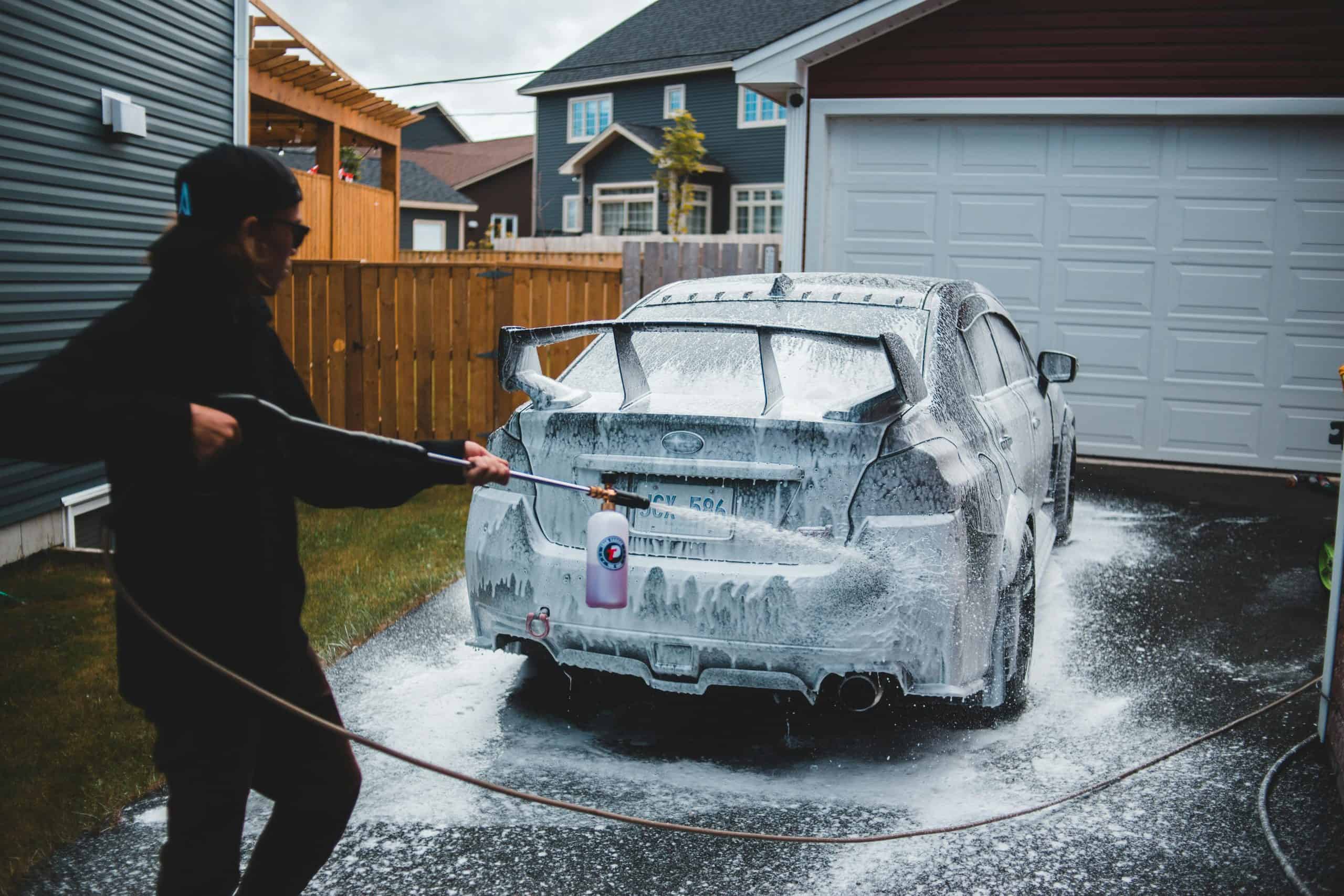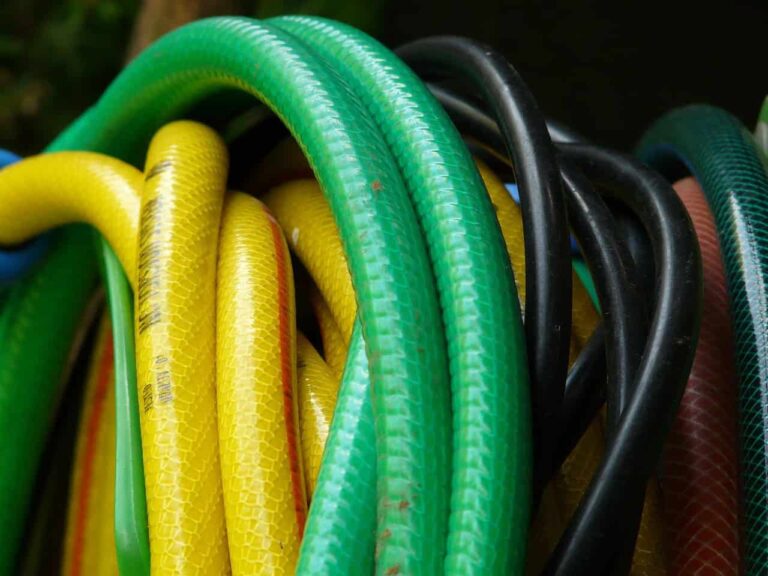Ryobi Pressure Washer Recall Issued for Explosion Hazard Linked to 32 Injuries
Well, this is one way to make cleaning your deck memorable for all the wrong reasons. If you’re one of those weekend warriors who thought tackling that grimy driveway would be the most dangerous part of your Saturday, think again. Nearly 780,000 Ryobi pressure washers are being recalled after turning into backyard grenades, leaving 32 people injured and probably questioning their life choices.
What Makes This Pressure Washer Recall So Serious?
The Consumer Product Safety Commission isn’t mincing words here. These Ryobi pressure washers have a nasty habit of having their capacitors overheat and then explode like tiny fireworks shows nobody asked for. When we say “explode,” we’re not talking about a gentle puff of steam. We’re talking about metal parts flying through the air with the enthusiasm of a Fourth of July celebration gone wrong.
The injuries reported aren’t just bumps and bruises either. People have suffered fractures to their fingers, hands, faces, and eyes. Imagine explaining to your spouse that you got injured by your own cleaning equipment. “Honey, remember that pressure washer we bought to make our lives easier? Well, it tried to take my eye out.”
Which Ryobi Models Are Part of This Pressure Washer Recall?
If you’re frantically running to your garage right now, here’s what you’re looking for: models RY142300 and RY142711VNM. These green cleaning machines were sold at Home Depot and Direct Tools Factory Outlet between July 2017 and June 2024, priced between $300 and $400. They’re the ones with the spray nozzle, detergent tank with a blue cap, and storage for accessories.
The scary numbers? Ryobi has received 135 reports of capacitors overheating, with 41 of those turning into full-blown explosions. That’s not exactly the kind of performance review you want for your home improvement tools.
How to Handle Your Recalled Pressure Washer
First things first: stop using it immediately. I know, I know – your deck still looks like a crime scene and your neighbors are probably judging your curb appeal. But trust me, a dirty driveway is infinitely better than a trip to the emergency room with pressure washer shrapnel embedded in your face.
Head over to Ryobi’s recall website to verify if your model is affected. If it is (and let’s face it, if you’re reading this article, it probably is), you’ll get a free replacement capacitor. The best part? No receipt required. Apparently, even Ryobi realizes that asking for proof of purchase when their product might explode is a bit much.
The Silver Lining in This Pressure Washer Recall
Here’s the good news: Ryobi is handling the pressure washer recall responsibly. They’re providing free repair kits, including shipping and installation instructions. It’s like getting a care package, except instead of cookies from grandma, you get replacement parts to prevent your cleaning equipment from turning into a medieval siege weapon.
The repair process involves replacing the problematic capacitor – think of it as giving your pressure washer a heart transplant, but less dramatic and with fewer medical bills.
What This Pressure Washer Recall Means for Homeowners
This recall serves as a sobering reminder that even our most trusted home improvement tools can turn against us. It’s particularly concerning for those of us who view pressure washing as therapeutic – there’s something deeply satisfying about blasting years of grime off your patio. Now we have to add “check for potential explosions” to our pre-cleaning checklist.
The timing couldn’t be worse, either. With spring cleaning season and home improvement projects ramping up, many homeowners were probably planning to break out their pressure washers for the first time in months.
Moving Forward After the Pressure Washer Recall
While this pressure washer recall might put a damper on your weekend cleaning plans, it’s crucial to take it seriously. The Consumer Product Safety Commission doesn’t issue recalls lightly, and with 32 injuries already reported, the risk is real and documented.
If you own one of the affected models, resist the temptation to use it “just one more time” to finish that project. Your safety is worth more than having the cleanest sidewalk on the block. Get that repair kit, fix the problem, and then you can go back to being the neighborhood’s pressure washing champion – just with significantly less risk of involuntary pyrotechnics.
Remember, a good pressure washer should make your life easier, not turn your weekend into an episode of a medical drama. Stay safe out there, and may all your future cleaning adventures be explosion-free.







